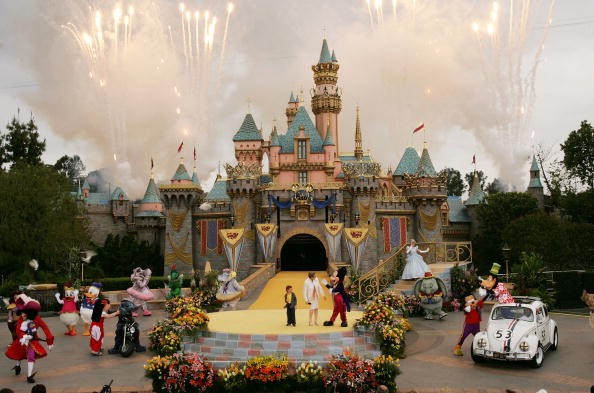
Public health officials in California are expected to declare on Friday that the measles outbreak linked to Disneyland is over. This will happen if no new cases of measles arise from the epidemic that started in December.
The declaration will come at the end of a second 21-day incubation period with no new cases of measles that can be related to the original outbreak, according to Anita Gore, a spokesperson for the California Department of Public Health.
The outbreak sickened 131 people in California and spread to several other states and Mexico. It is thought to have started with a tourist who had become infected with measles virus overseas and who visited the theme park.
Public health officials worked to contain the outbreak since it started. Although measles has been declared eliminated from the United States, outbreaks still occur when a traveler brings it into the country.
The outbreak brought attention to the anti-vaccine movement. The movement was fueled by unfounded fears that vaccines were connected to autism, an idea that has been thoroughly debunked. But a small portion of parents still refuse to vaccinate their children. More of the people who caught measles in this outbreak were not vaccinated with the measles-mumps-rubella vaccine or had not received both doses.
Measles is an extremely contagious viral infection. It is transmitted though coughing or sneezing. Symptoms usually appear with 7 to 14 days of exposure. Initial symptoms include a high fever, spots in the mouth, a runny nose, and red eyes. The signature rash that covers most of the body appears two to three days after the onset of illness. Usually the infection lasts 7 to 10 days unless it is complicated by a bacterial infection or another viral infection, such as pneumonia. Before antibiotics, measles pneumonia had a death rate of 30%.



